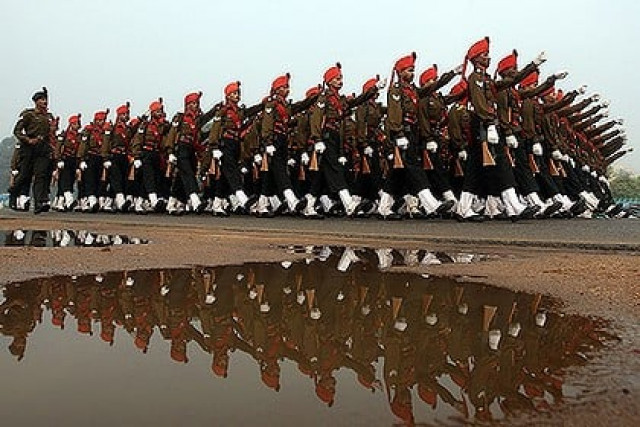Indian trade body wants access to Western technology
India should open up its defence sector only if it gains more access to military technologies of Western governments.

Global armament firms such as Britain’s BAE Systems, Europe’s EADS and Lockheed Martin and Sikorsky of the United States have invested in India after New Delhi opened up its defence sector in 2001 to foreign groups.
Foreign capital in joint ventures was limited at 26 per cent, but an Indian parliamentary panel advised the government in 2008 to hike this cap to 49 per cent to spur production.
“The 26-percent equity has been effective in bringing in big companies,” said Amit Mitra, secretary-general of the Federation of Indian Chambers of Commerce and Industry (FICCI), adding that raising the cap to 49 per cent should be implemented with a set of conditions, which included cap increments only when limits to transfer Western Military Technology were removed.
India is among the world’s top 10 military spenders with an annual defence budget last year of 1,420 billion rupees (31.55 billion dollars). It plans to spend 50 billion dollars by 2015 to upgrade its military mainly through imports.
It said all joint ventures should be managed only by Indian nationals, with emphasis on safeguarding foreign partnerships as this was a very strategic sector
The trade lobby, which also has numerous domestic armament manufacturing companies as its partners, said it was calling on New Delhi to streamline its weapons procurement policies to speed up indigenous development.
A string of illegalities in arms contracts dating back to 1984 has led to delays in finalising major defence deals and made India’s political-military establishment wary of new scandals.
Published in The Express Tribune, July 27th, 2010.



















COMMENTS
Comments are moderated and generally will be posted if they are on-topic and not abusive.
For more information, please see our Comments FAQ